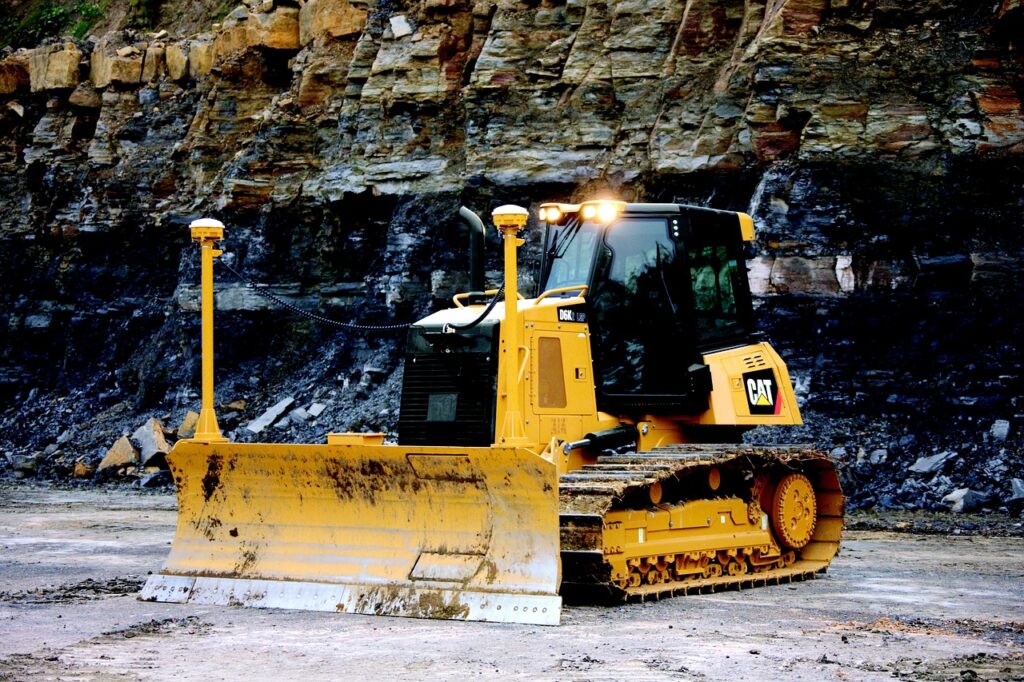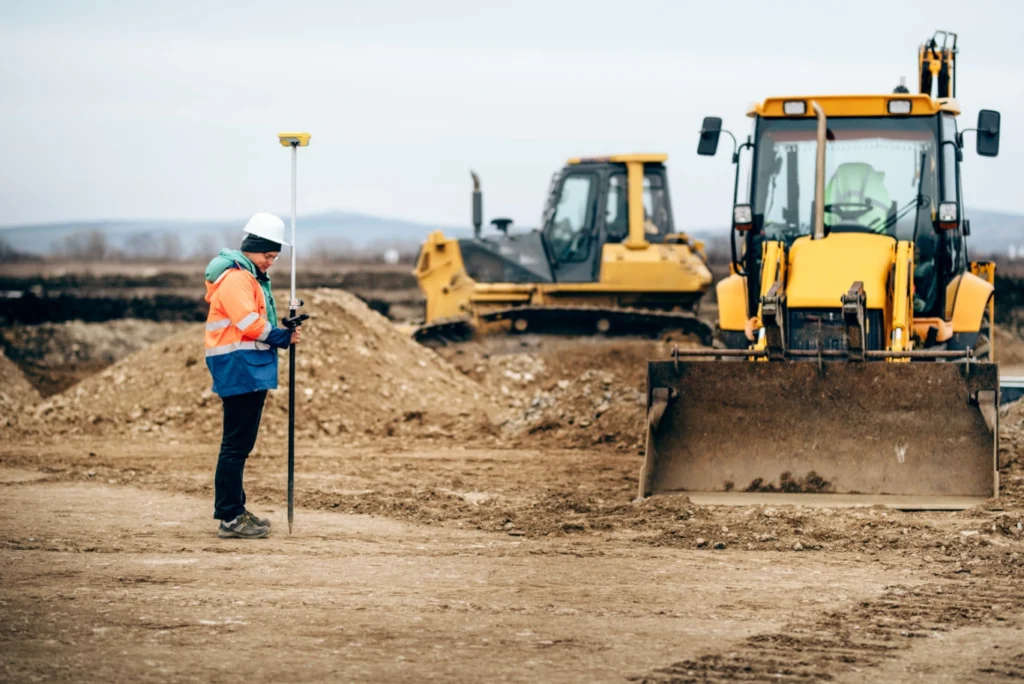
The construction and mining industries face a growing list of challenges: tight profit margins, rising material and fuel costs, labor shortages, and increasing sustainability demands. These issues highlight the urgent need for innovation. One technology that stands out as a game-changer is machine control systems. These systems are revolutionizing how projects are executed, delivering enhanced efficiency, accuracy, and safety.
What Is Machine Control?
Machine control technology integrates GPS, sensors, and data to guide heavy machinery operators. By providing real-time feedback and automated controls, these systems minimize errors, reduce manual adjustments, and ensure tasks are completed to precise specifications. Contrary to the misconception that machine control replaces skilled operators, it enhances their capabilities, making their work more efficient and less physically demanding.

Addressing Key Industry Challenges
1. Rework Reduction
Globally, poor data and miscommunication are responsible for 52% of rework in construction. Machine control tackles this issue by providing operators with up-to-date design information via cloud connectivity. Operators can align every action with project specifications, significantly reducing rework, material waste, and project delays.
2. Boosting Productivity and Efficiency
These systems are proven to enhance productivity. For instance, 2D and 3D grade control systems enable operators to maintain precise grades, minimizing over-digging and material waste. Studies show that projects utilizing machine control see a 30-50% increase in productivity. By getting tasks right the first time, companies save both time and resources, ensuring faster project completion.
3. Bridging the Skills Gap
Labor shortages continue to plague the construction industry. Machine control simplifies operations, enabling less-experienced workers to perform tasks that previously required highly skilled operators. For example, Alan’s Excavating in Kansas leveraged machine control to train truck drivers to operate heavy machinery, boosting workforce productivity by 25%.
4. Enhancing Safety
Safety remains a top priority on job sites. Machine control reduces the need for surveyors and engineers to work in hazardous areas by automating processes and providing real-time feedback. Features like collision detection, geofencing, and automated stop functions enhance job site safety, protecting workers and equipment alike.
5. Promoting Sustainability
Sustainability is increasingly vital in construction. Machine control optimizes material use, reducing waste and lowering a project’s environmental footprint. Projects utilizing grade control report a 10-20% reduction in material waste. Public road construction projects in 2022 saved $3.6 billion in material costs, enough to pave a two-lane highway from Chicago to Phoenix.
Overcoming Barriers to Adoption
Despite its many benefits, machine control adoption remains inconsistent. According to an Equipment World poll, 54% of contractors are not using machine control. Key barriers include:
- High Initial Costs: Smaller firms often find the upfront investment challenging. However, affordable options like Unicontrol, iDig, and Trimble Earthworks GO! offer entry points for firms of all sizes.
- Integration Complexity: Implementing machine control requires collaboration with technology providers and workforce training, which can be time-intensive.
- Resistance to Change: Traditionalists may hesitate to adopt new technologies, preferring familiar methods.
Advancements in Machine Control Technology
Machine control continues to evolve, offering even greater potential for construction and mining operations:
- Autonomous Machines: Trimble has successfully tested fully autonomous soil compactors, demonstrating the future of automated job sites.
- AI and Machine Learning: These technologies enable predictive maintenance, hazard detection, and real-time decision-making, further streamlining operations.
- Remote Control Systems: Innovations like Hidromek Opera allow operators to control machinery from remote locations, enhancing both safety and flexibility.
A Modern Approach to Construction
Machine control is not just an add-on; it’s a transformative tool reshaping the construction landscape. From improving accuracy and efficiency to enhancing safety and sustainability, the benefits of machine control are undeniable. Companies ready to embrace this technology can reduce costs, increase productivity, and gain a competitive edge.
By addressing industry challenges head-on, machine control is paving the way for smarter, more efficient construction practices. For companies seeking to build a better future, the time to adopt this game-changing technology is now.
